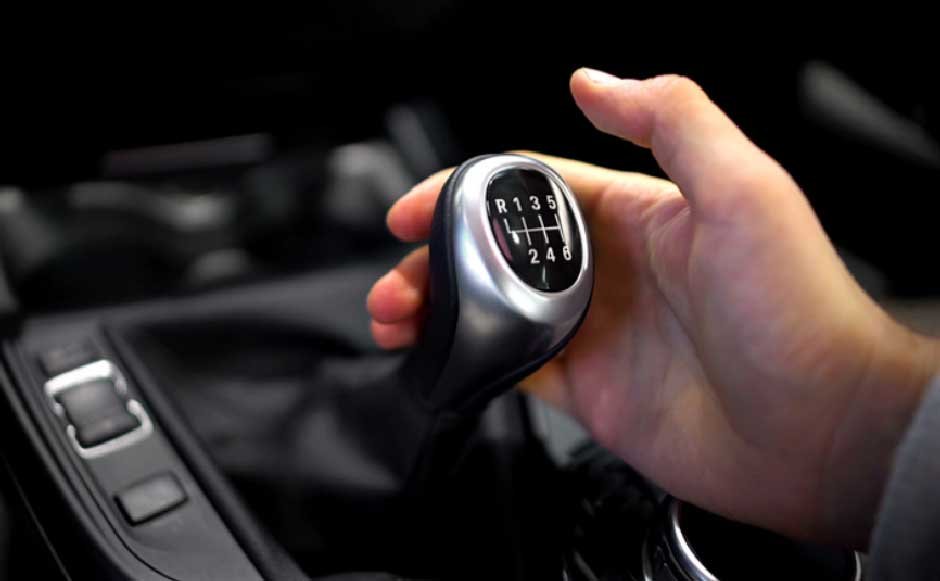Skip to the good bit
ToggleUsed transmissions are cost-effective solutions for owners needing this essential vehicle component. However, the driver must know what to look for before purchasing a used unit. Consider the following when making this purchase to get an excellent deal at an affordable price.
Compatibility
A transmission isn’t a one-size-fits-all vehicle component. The owner must ensure they get a high quality used transmission compatible with their car. When talking with the transmission supplier, provide the vehicle’s year, make, and model. The supplier may also need to know the engine type and whether the car is front-wheel, rear-wheel, or four-wheel drive. The supplier can help ensure the transmission will fit the vehicle and allow it to perform optimally.
Mileage
Owners must consider the mileage on used transmissions before making a purchase. This mileage provides information on the transmission’s condition. A low-mileage transmission typically has less wear than one with high miles, although this isn’t always true. However, it is a factor the buyer should consider to ensure they get a transmission that will last an extended time and perform as expected.
Transmission Supplier
Know the person or business selling the transmission. You do not want to pick up this vehicle component at a yard sale or on an online marketplace. Instead, work with a reputable used parts dealer or salvage yard for quality used parts. The seller should be willing to provide detailed information about the unit and its history. They may be able to provide maintenance records, owner information, and repairs completed on the transmission.
Return Policy
What happens if an owner purchases a used transmission, has it installed, and it doesn’t work? Imagine the frustration that comes with this situation. Before purchasing, confirm that the used unit has a return policy or other guarantee. This policy should allow the buyer to return the transmission if it doesn’t meet their expectations. In addition, review this policy to see who will be responsible for shipping costs associated with the return. Transmissions are heavy, and shipping costs can be high.
Warranty
The used transmission may work as intended when first installed. However, if it stops functioning within weeks or months of installation, the buyer wants to know they won’t need another unit. To reduce the risk of this happening, review the warranty on the unit. Again, learn who will be responsible for any shipping costs associated with returning or swapping the unit.
Testing
Every used unit should undergo an inspection and testing process before it is sold. It should be checked for leaks, excessive wear, or damage. Buyers should shift the gears manually and ensure they operate smoothly and are responsive. Many people choose to have a trusted mechanic inspect the transmission for them because the mechanic may see things that they would overlook.
Price
A person should never buy a used transmission based on price. Compare units from multiple dealers to get a fair deal. An extremely low price on a used unit should be a red flag. It suggests there may be internal issues with the transmissions, and no buyer wants to install a used unit only to find it doesn’t work or has the same problem as the unit being replaced. Prioritize quality and reliability over affordability when making this purchase.
A person shouldn’t expect to purchase a used transmission in a few hours. They need to research the options to ensure they get a unit compatible with the vehicle and it will hold up with time. Considering the factors outlined above when making this purchase will help ensure the transmission purchase and installation go smoothly from start to finish.







